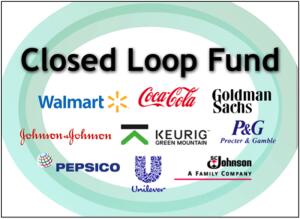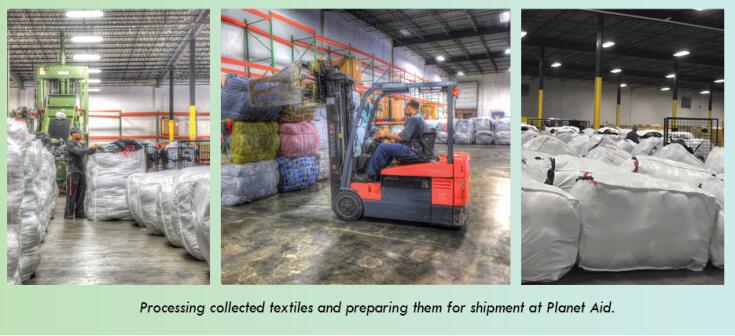Do Cities Need Help Recycling?
Are cities sending too much trash to landfills? Some of America's major corporations seem to think so. Recently, nine U.S. companies banded together to provide $100 million in zero-interest loans to finance local projects that increase recycling. The goal is to "divert valuable raw materials from landfills by helping to provide 100% of US consumers access to recycling where and when they need it."
Called the Closed Loop Fund (CLF), the initiative is being spearheaded by Walmart. The fund will specifically support capital projects that involve facility construction and other municipal ventures that strengthen and expand consumer recycling.
But Why the Big Bucks?
The benefits of a municipal recycling program include saving resources and energy, creating jobs, and reducing landfill costs. But running an effective program is not easy and does not come cheap. As an example, the state of Minnesota spends $60-70 million annually funding its curbside recycling program; and San Jose, California spent $50 million simply modernizing its material recovery facility. Not every municipality has the capital available to upgrade their programs or the budget to meet the operational costs. The CLF is intended to help make more recycling projects possible for cities by providing loans for free.
 A Cost of Doing Business
A Cost of Doing Business
Critics of the CLF say that $100 million in loans is not enough to help cities get the job done, and that group of nine should instead focus on proven strategies like "extended producer responsibility" (EPR).
EPR is an environmental policy approach that shifts the responsibility for a product's afterlife from municipalities to the producers. The basic idea of EPR is that manufacturers or retailers fund disposal costs, thereby creating an incentive for them to reduce the amount of garbage built into their products. As the NRDC puts it, "The cost of managing municipal wastes and of recycling becomes part of the cost of doing business."
Landfills in the U.S. are reaching capacity. For example, the Miramar Landfill in San Diego is forecast to be filled and closed in 2022. Tragically, nearly two-thirds of all waste in the landfill could have been recycled. The City of San Diego has been warning residents that disposal costs will rise.
Planet Aid Collects Textiles for Reuse and Recycling at No Charge
Planet Aid is dedicated to reducing waste and increasing recycling. We understand how complex and costly it is to run a materials collection program, and we have learned much during our 16 years of operation. We know that reducing inconvenience is key to increasing recycling rates. That's why we work with local businesses to place our textile recycling bins near shopping plazas, gas stations, or other convenient locations that consumers frequent. Each year we divert approximately 100 million pounds of textiles from municipal waste streams.
We also work with local municipalities and other organizations to encourage proper regulation of recycling bins. We do this as a public service and at no cost to other businesses or municipalities.
Read about how you can join us and become a Planet Aid site host. Also see our Government Resources page to find out more about what municipalities can do to improve textile recycling.

